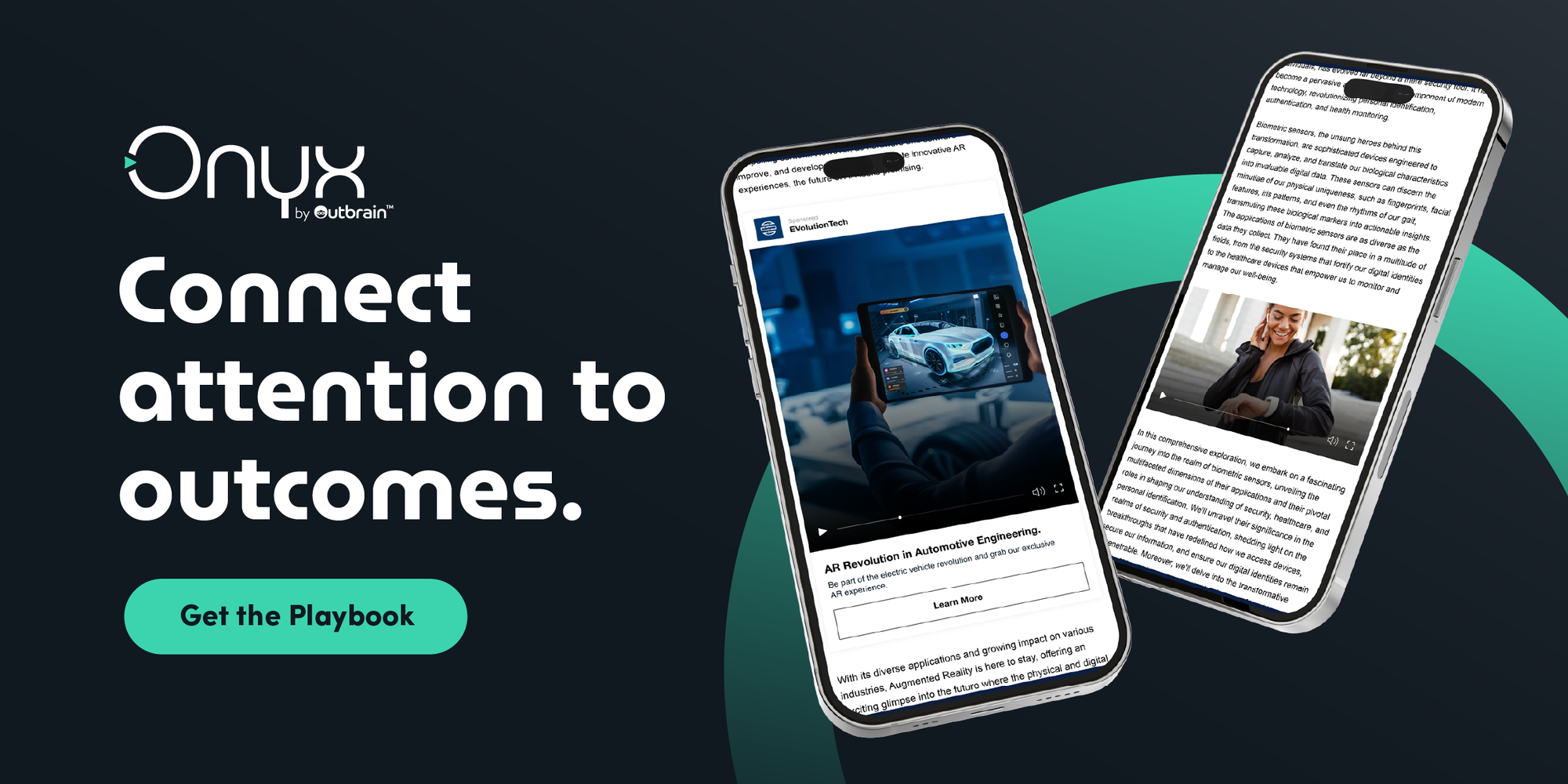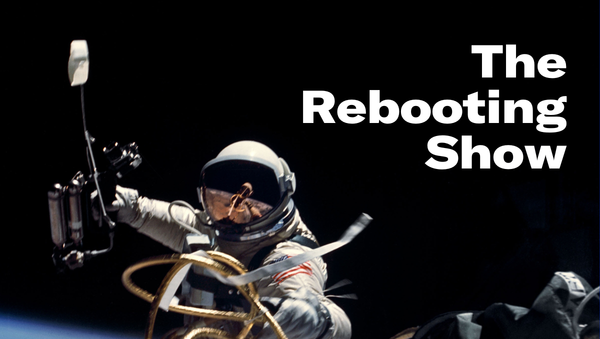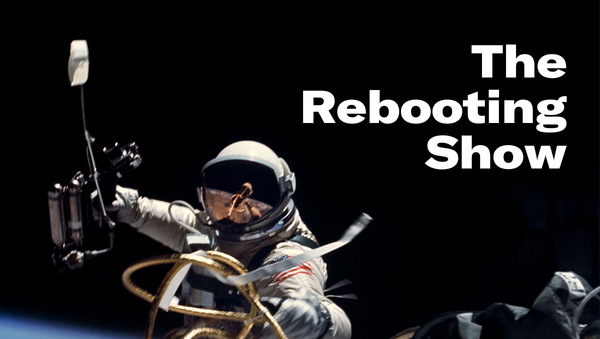Time to rebuild

Last week, The Rebooting held its first online forum, where I interviewed Bloomberg Media’s Julia Beizer and Puck’s Max Tcheyan about the year ahead in subscriptions, followed by a view from the top segment by BlueConic’s Will Barker. Some highlights:
- Julia discussed the dangers of training the marketplace to expect deep discounts to show big subscriber numbers and the need instead to focus on driving more revenue per subscriber through optimization.
- Max went over Puck’s launch strategy to allow for a month of sampling before requiring subscriptions and how that is now being adapted for new verticals, like Puck’s expansion into fashion and sports.
- Will highlighted the need to not just build audience habits, but to rethink the tactics and go beyond tried-and-true methods like newsletters and push notifications to include subscriber exclusives, puzzles and gift articles.
If you missed it, you can still check out the hourlong program. Thanks to BlueConic for the support. Watch the event
In today’s issue:
- A growth agenda is badly needed in media
- Feedback on the media blame game
- A conversation with Scott Messer about life after the pageview

Discover advertising's true impact on outcomes

Viewability is not the purest signal to understand user engagement within the murky space between the first touchpoint with a brand and conversion. Triggering exploration, attention has emerged as the metric that can make sense of advertising’s impact on outcomes.
Redefine your approach to media success with Onyx by Outbrain’s Attention Playbook – the essential guide for advertisers to leverage this new key metric, for ads to get the attention they deserve.
Download the Attention Playbook
Growth

Soon after hitting send on last Thursday’s newsletter about the blame game for media's travails, I got a speedy response from a media company CEO: “jesus you are a negative dude. not all of us are dead or dying!”
I could see their point. There is a need for a growth agenda for the media business. There is often instead a tendency to point fingers at outside forces (platforms, ad tech, PE firms, algorithms, 25-year-old media planners, etc) and look for a new hack to get around the structural weaknesses the business faces (lack of control over distribution, far superior ad systems from tech, etc). Triage isn’t much of a strategy for achieving sustainable models.
Growth is the only way forward. You cannot degrowth your way to a healthy media business. A growth mindset is marked by qualities like self-awareness, embracing challenge, persistence, hard work to achieve expertise, and an openness to criticism and new ideas from outsiders. The media industry has been stuck in a scarcity mindset, threats everywhere, with the main task not being growing the pie but fighting over a shrinking pie. This is a recipe for disaster, and it’s impossible for me to see a path to sustainable models without a belief they are possible.




